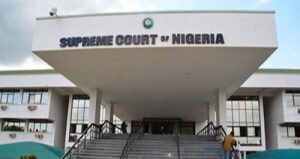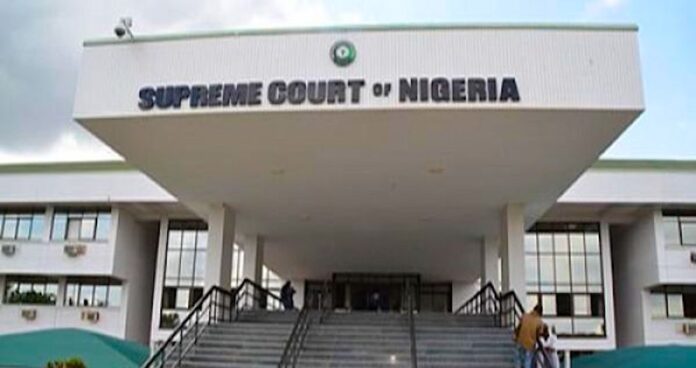In a landmark decision that promises to reshape the landscape of local governance in Nigeria, the Supreme Court has ruled that Local Government Areas (LGAs) governed by caretaker committee chairmen will no longer receive funds from the Federation Account Allocation Committee (FAAC). This ruling underscores the importance of democratic processes and aims to enhance transparency, accountability, and citizen participation in local governance.

The Historical Context
For years, the issue of local government autonomy has been a contentious topic in Nigeria. LGAs are the closest tier of government to the people, responsible for essential services such as education, healthcare, and infrastructure. However, their financial dependence on state governments has often hindered effective administration. The Supreme Court’s recent ruling addresses this long-standing issue by emphasizing the need for democratic legitimacy in accessing FAAC funds.
Key Takeaways from the Verdict
1. Election Imperative: The court’s ruling mandates that LGAs must conduct elections to access FAAC funds. This requirement aims to ensure that only elected officials, who are accountable to the people, manage local government resources. The era of unelected caretaker committees is over, paving the way for greater transparency and accountability.
2. Development Councils in Limbo: States like Lagos, which have created development council areas, now face a dilemma. These areas, although established with good intentions, lack the democratic legitimacy required to access FAAC funds. The court’s decision directs resources to constitutionally recognized LGAs, ensuring that funds are managed by elected representatives.
3. Internal Resource Distribution: While the Supreme Court does not dictate how states should distribute resources internally, it emphasizes that the 774 constitutionally recognized LGAs must receive their due share first. This ensures that the primary units of local governance are adequately funded before any other entities.
Implications of the Ruling
1. Enhanced Financial Autonomy: By linking FAAC funds to democratic legitimacy, the ruling empowers LGAs to manage their resources more effectively. This financial autonomy is expected to lead to improved development, infrastructure, and social welfare at the grassroots level.
2. Increased Governance Accountability: The ruling places LGAs under greater scrutiny. Elected officials will now be accountable to the citizens who elected them, ensuring that budgets, projects, and services are managed transparently and efficiently. This shift is likely to result in better governance and more responsive local administrations.
3. State-Level Adjustments: Governors will need to recalibrate their approach to resource distribution. While the court does not micromanage this process, it insists on adherence to constitutional provisions. States must ensure that funds are allocated to elected LGAs, reinforcing the importance of democratic governance.
A Ripple Effect Across Nigeria
The Supreme Court’s ruling is more than just a legal decision; it is a call to action for a more accountable and vibrant local governance system. As FAAC funds flow to democratically elected LGAs, the hope is that these resources will be used to improve schools, pave roads, and enhance healthcare services. The ruling serves as a reminder that democracy is not a spectator sport but a participatory process where every citizen’s voice matters.
The Supreme Court’s decision marks a significant step towards strengthening local government autonomy in Nigeria. By prioritizing democratic legitimacy, the ruling aims to create a more transparent, accountable, and effective system of local governance. As the nation moves forward, the focus will be on ensuring that the benefits of this ruling are felt by citizens across all LGAs, leading to improved services and a better quality of life for all.




